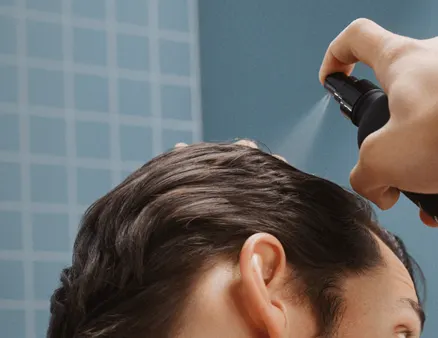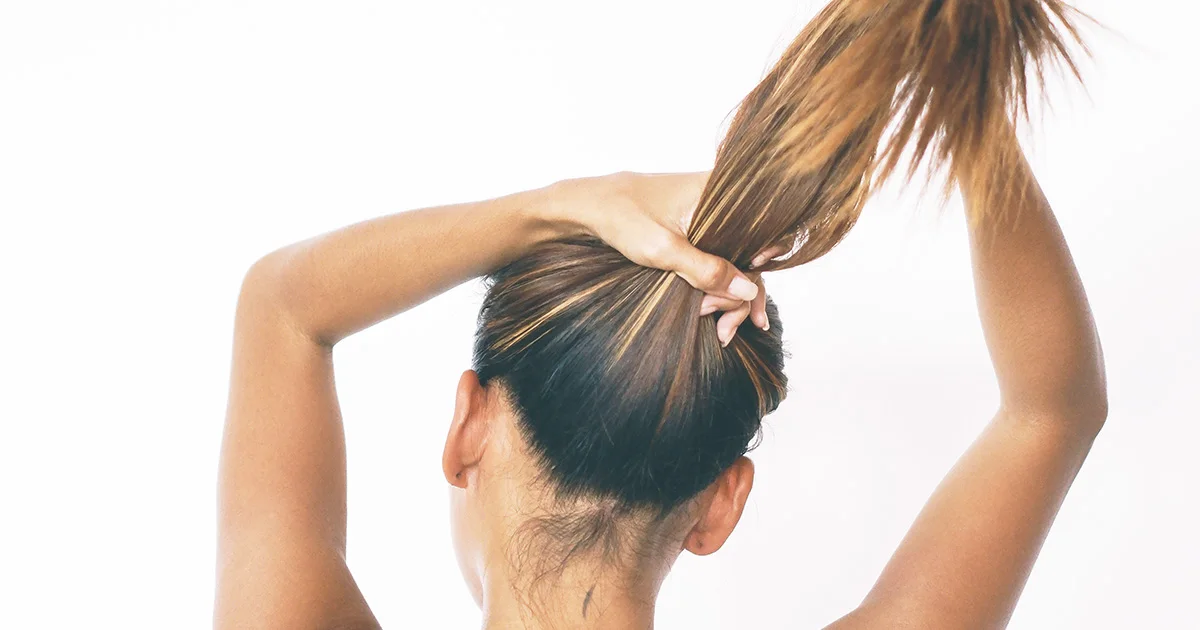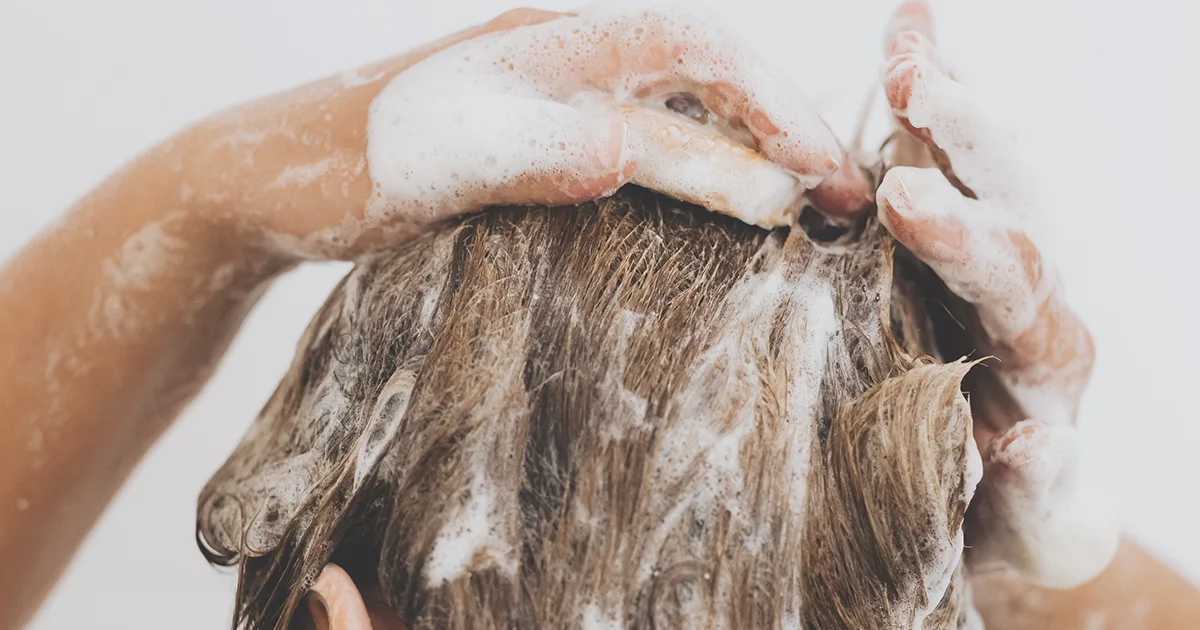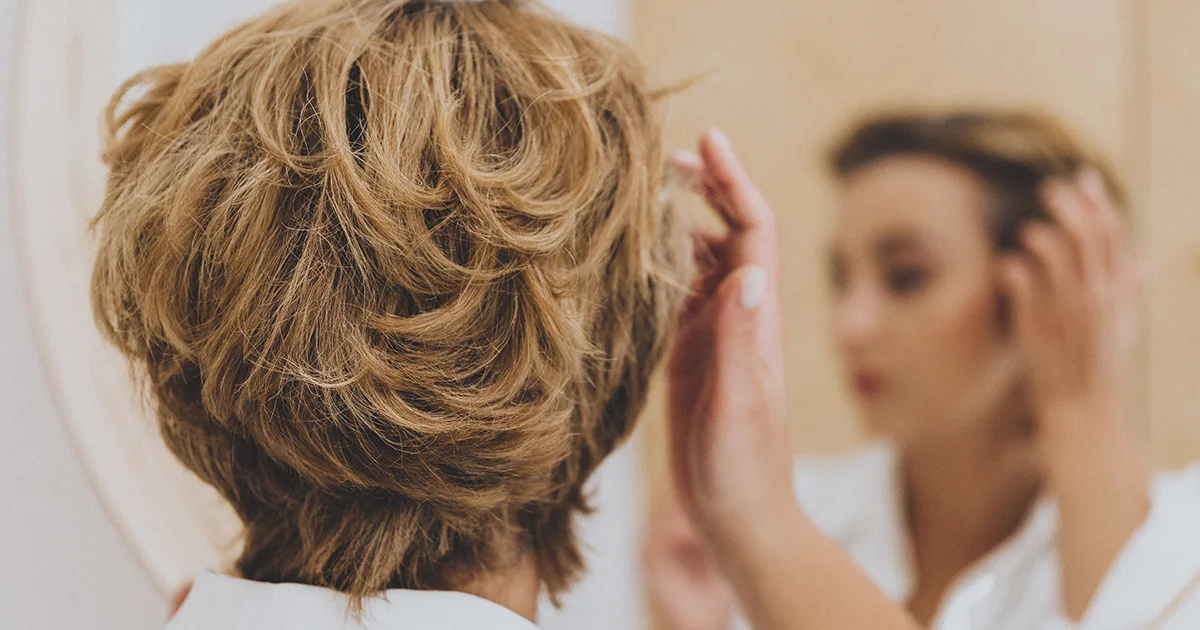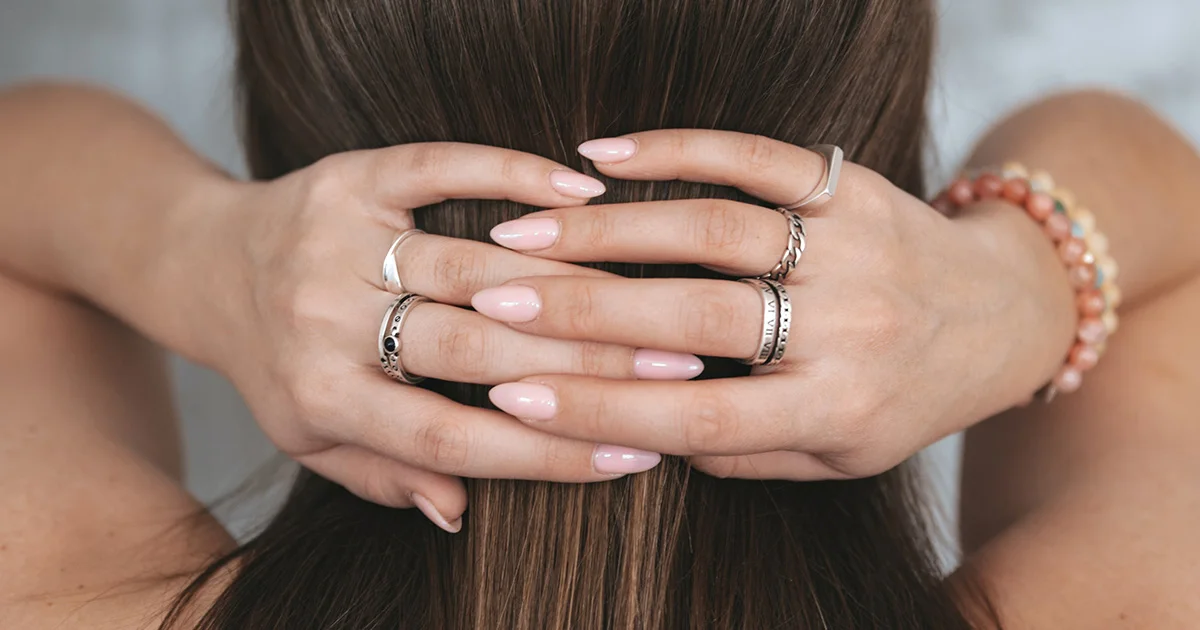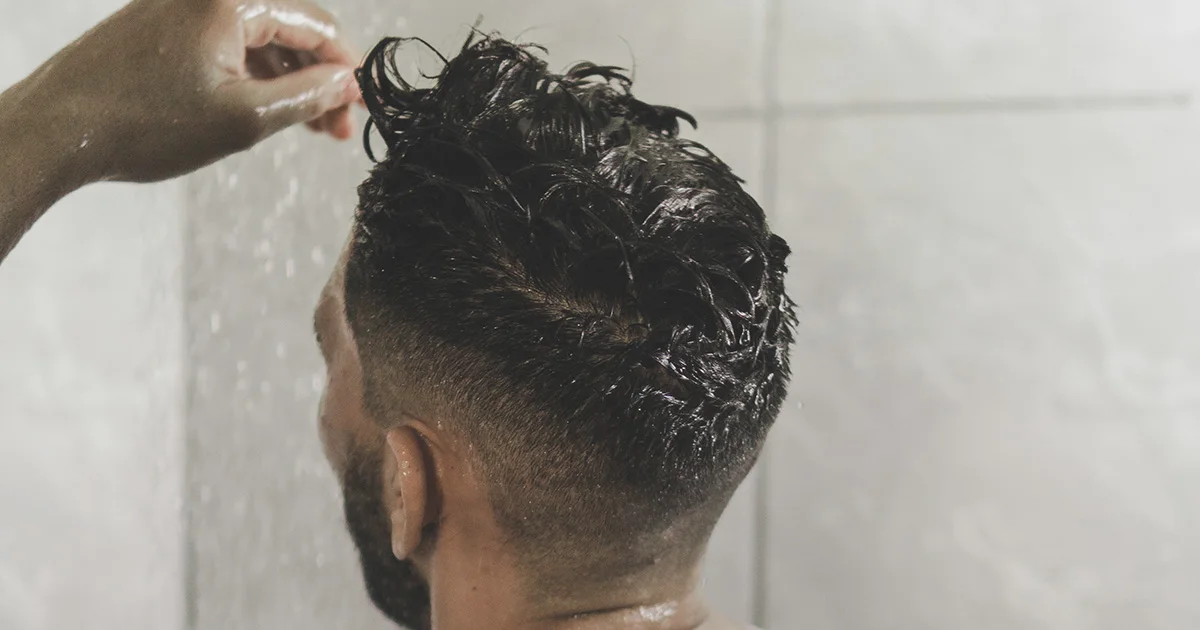Here's what we'll cover
Here's what we'll cover
Creatine is a popular performance-boosting supplement used by many athletes and bodybuilders. While it can improve lean body mass (the total weight of your body minus the fat mass) through improving the quality of workouts, you may have heard creatine also causes hair loss.
At least one study has found a connection between creatine and alopecia, the technical term for hair loss. However, other researchers who’ve looked into the creatine-hair loss connection conclude that it poses no threat to your mane (Antonio, 2021).
What is creatine?
Your body naturally contains creatine, mostly in muscle cells. Creatine helps produce energy, which can be beneficial during heavy lifting or high-intensity exercise.
Creatine is what’s called an ergogenic supplement, meaning it’s designed to enhance physical performance. Potential benefits of taking creatine include (Kreider, 2017):
Better exercise performance, including weight-lifting and high-intensity activities
Faster recovery after physical activity
Prevents injuries
Improves metabolism
Accelerates rehabilitation following an injury
Creatine is able to accomplish all this mainly by improving the way energy is stored and used by the body––primarily by the muscles (Kreider, 2017).
Is there a link between creatine and hair loss?
Some illegal performance-enhancing drugs—notably anabolic steroids, a man-made version of testosterone—can cause hair loss (Lin, 2017).
Even though creatine is legal and is widely used by professional athletes, there’s speculation that it may have adverse effects like hair loss, which also turn up in illegal supplements.
In one small study, researchers gave college-aged rugby players supplements containing either creatine monohydrate (by far the most popular type of creatine supplement) or a placebo. After 21 days, the creatine group showed higher levels of a hormone called dihydrotestosterone (DHT) than the placebo group (van der Merwe, 2009).
DHT is a metabolite or breakdown product of the hormone testosterone. It’s also the main driver of male-pattern baldness and general hair loss (Kash, 2015).
Because of the link between DHT and hair loss, the 2009 study—which didn’t even assess hair loss in study participants—is what might have fueled most of the speculation that creatine causes hair loss (Antonio, 2021).
Does creatine cause hair loss?
At this point, the answer seems to be no. The 2009 study didn’t actually show creatine directly caused hair loss; instead, it showed that short-term creatine use can cause a rise in levels of DHT (Antonio, 2021).
It’s also important to note that the rugby players participating in the study already had low baseline DHT levels, so the rise in hormone levels after taking creatine supplements didn’t actually push DHT higher than what’s considered its normal limits.
Since then, follow-up research has concluded that creatine does not affect DHT levels nor hair loss. Authors of a recent research paper on the subject noted no hair loss or baldness in study participants, and referred to the creatine hair loss theory as a myth (Antonio, 2021).
Risks and side effects of creatine
Countless scientific studies have examined the health effects of creatine supplements. According to a review of the research, the only consistent side effect linked to creatine use is weight gain.
Rumors of poor kidney function, muscle cramping, digestive issues, and other adverse effects haven’t been seen in recent studies when sticking to the recommended dose of creatine (Kreider, 2017; Antonio, 2021).
Creatine is one of the most popular and well-studied performance supplements on the market. While research into its potential health benefits and side effects is ongoing, what we know today is creatine doesn’t cause hair loss.
DISCLAIMER
If you have any medical questions or concerns, please talk to your healthcare provider. The articles on Health Guide are underpinned by peer-reviewed research and information drawn from medical societies and governmental agencies. However, they are not a substitute for professional medical advice, diagnosis, or treatment.
Antonio, J., Candow, D. G., Forbes, S. C., Gualano, B., et al. (2021). Common questions and misconceptions about creatine supplementation: what does the scientific evidence really show? Journal of the International Society of Sports Nutrition , 18 (1), 13. doi:10.1186/s12970-021-00412-w. Retrieved from https://jissn.biomedcentral.com/articles/10.1186/s12970-021-00412-w?fbclid=IwAR2kJDeb4usRCFmKAYc9HgMxeKEruF4BL9-LpeM5IgDbk97BzURaoVY12BE
Kash, N., Leavitt, M., Leavitt, A., et al. (2021). Clinical Patterns of Hair Loss in Men: Is Dihydrotestosterone the Only Culprit? Dermatologic Clinics , 39 (3), 361–370. doi:10.1016/j.det.2021.03.001. Retrieved from https://pubmed.ncbi.nlm.nih.gov/34053589/
Kreider, R. B., Kalman, D. S., Antonio, J., et al. (2017). International Society of Sports Nutrition position stand: safety and efficacy of creatine supplementation in exercise, sport, and medicine. Journal of the International Society of Sports Nutrition , 14, 18. doi:10.1186/s12970-017-0173-z. Retrieved from https://jissn.biomedcentral.com/articles/10.1186/s12970-017-0173-z
Lin, R. L., Garibyan, L., Kimball, A. B., & Drake, L. A. (2016). Systemic causes of hair loss. Annals of Medicine , 48 (6), 393–402. doi:10.1080/07853890.2016.1180426. Retrieved from https://www.tandfonline.com/doi/full/10.1080/07853890.2016.1180426
van der Merwe, J., Brooks, N. E., & Myburgh, K. H. (2009). Three weeks of creatine monohydrate supplementation affects dihydrotestosterone to testosterone ratio in college-aged rugby players. Clinical Journal of Sport Medicine , 19 (5), 399–404. doi:10.1097/JSM.0b013e3181b8b52f. Retrieved from https://citeseerx.ist.psu.edu/viewdoc/download?doi=10.1.1.654.8073&rep=rep1&type=pdf
